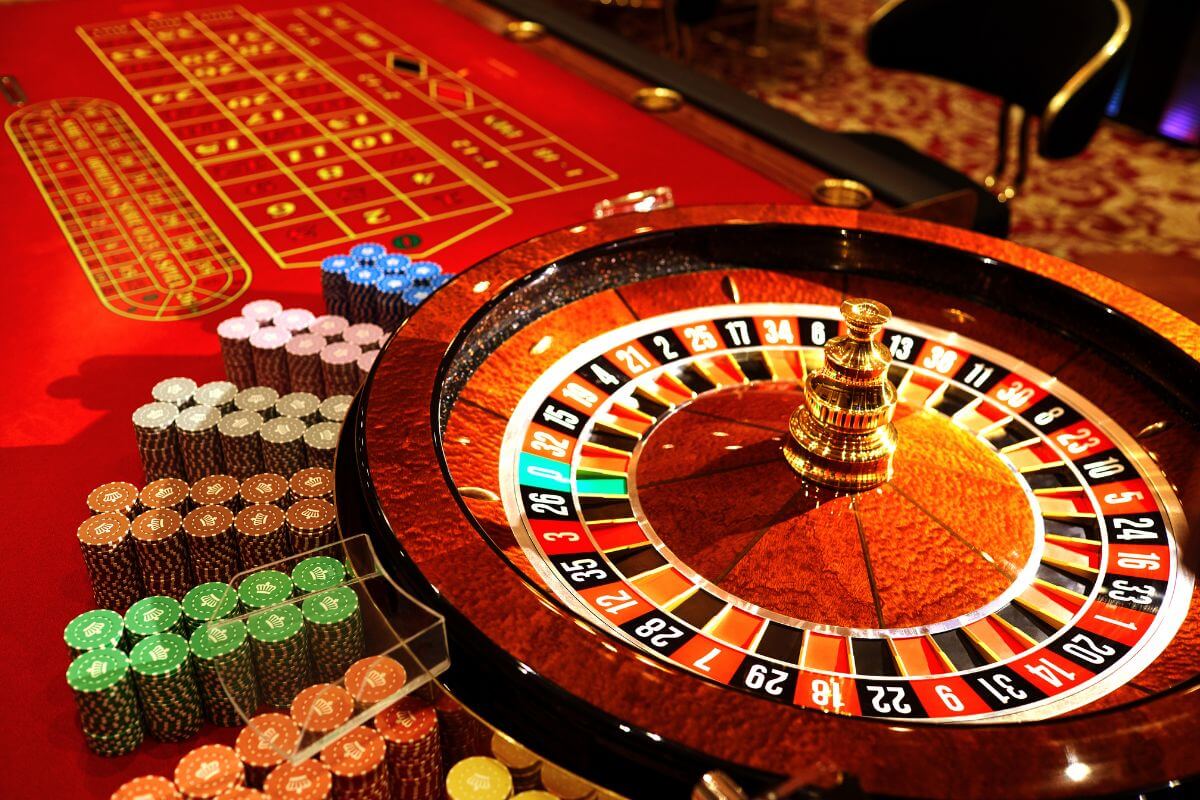Casino Games and Their Impact in Cultural Trends

Casino experiences have long captured the imagination of people around the planet, becoming an essential part of both fun and society. From the shimmering lights of Las Vegas to the engaging experience of virtual casinos, these experiences evoke thrill, uncertainty, and sometimes even a sense of sentimentality. They are more than just pastimes; they have woven themselves into the texture of human experience, influencing everything from movies and melodies to clothing and literature.
The appeal of casino games transcends the betting aspect, tapping into broader themes of fortune, possibility, and psychology. As players assemble around a card table or rotate the roulette wheel, they engage in an timeless ritual that echoes with our collective desire for adventure and unpredictability. This captivation has led to the growth of countless references in films, music, and electronic games, showcasing how deeply entrenched these games are in popular culture. Whether it is the high-stakes tension of a traditional heist movie or the vibrant nightlife portrayed in music videos, casino games have carved out a substantial role that reflects our bond with risk.
Social Significance of Casino Games
Gambling games have played a crucial role in cultural aspects throughout the ages. Stemming from ancient societies, games of chance were often connected to ceremonies or events. For instance, early forms of gambling can be linked back to historic China and the Roman Empire, where dice games and wagering on outcomes were popular pastimes. These activities not only functioned as entertainment but also as means of social interaction, facilitating connections among people within societies.
As cultures evolved, so did the complexity and organization of gambling games. The creation of formal casinos in the 17th century, particularly in Italy, marked a major shift in how games were perceived and organized. With specific spaces for gaming, the casino became a community center where patrons from different backgrounds convened. This evolution contributed to the legitimization of the industry, transforming it from a mere pastime into an established industry that influenced the economy and regulations.
The effect of gambling games on mainstream culture cannot be overlooked. As they were popularized in literature and film, games such as Texas Hold’em and blackjack became icons of chance, chance, and tactics. Iconic characters and narratives have developed around these activities, reflecting societal attitudes towards luck, prosperity, and vice. This interest with casino activities has infiltrated various forms of entertainment, solidifying their place in the collective consciousness and connecting them to broader cultural narratives throughout history.
Representation of Gambling Activities in Entertainment
Casino activities have long been a popular subject in various forms of media, reflecting both the fascination and complexities of the world of gambling. Movies such as Ocean’s 11 and Casino Royal portray characters who navigate high-stakes environments, showcasing not only the appeal of the casino atmosphere but also the methods and judgments that come with playing popular games like Texas Hold’em and 21. These films often dramatize the exhilaration of winning and the potential consequences of losing, encapsulating the perils involved in betting.
TV programs have also explored the world of casino games, often integrating them into the storyline as a backdrop for story progression and drama. Series like Las Vegas depict the stories of casino workers and customers, highlighting the dynamic, often disorderly energy of the casino floor. Docuseries featuring intense gambling competitions further emphasize the attraction of gambling activities, drawing viewers into the excitement and planning involved in each game. Through these portrayals, media not only entertains but also stimulates conversations about luck, expertise, and the nature of randomness.
Digital games have increasingly incorporated gambling activities into their development, allowing players to recreate the feeling of gambling without financial risk. Titles within the realm of digital gaming often include virtual slots, poker, and other popular casino games, creating an interactive experience that mirrors actual casino experiences. These virtual portrayals make gambling activities accessible to a global audience, appealing to both players who indulge and those who enjoy the excitement of simulation. As a result, the portrayal of casino games in media continues to shape societal views and cultural significance, highlighting their place in entertainment and culture.
Impact of Casino Games on Society
Gambling activities have a significant effect on society, influencing various facets of culture and social behavior. They often function as a venue for social interaction, where people come together to experience a common activity. Game nights with friends or visits to casinos become group events that foster connections and create shared moments. This communal aspect enhances the fun value of gambling activities, making them a popular choice for festivities and leisure activities.
Moreover, casino games have been portrayed in countless films, television shows, and literature, influencing views and attitudes towards gaming and betting. Icons like James Bond playing baccarat or the high-stakes poker scenes in films have cemented these games in the collective imagination. This representation often glamorizes the culture associated with casino activities, drawing in new players and impacting trends in both fashion and behavior. These representations can spark curiosity and lead to a more profound investigation of the intricacies of gambling.
However, there are also adverse implications linked to the popularity of casino games. The allure of quick monetary gain can lead to gambling addiction and financial troubles for some people. non UK casino Society must grapple with these issues, promoting responsible gambling and education of the dangers involved. Finding a balance between the fun aspect of gambling activities with the potential for harm is vital to ensure that they continue to be a positive aspect of our societal fabric.